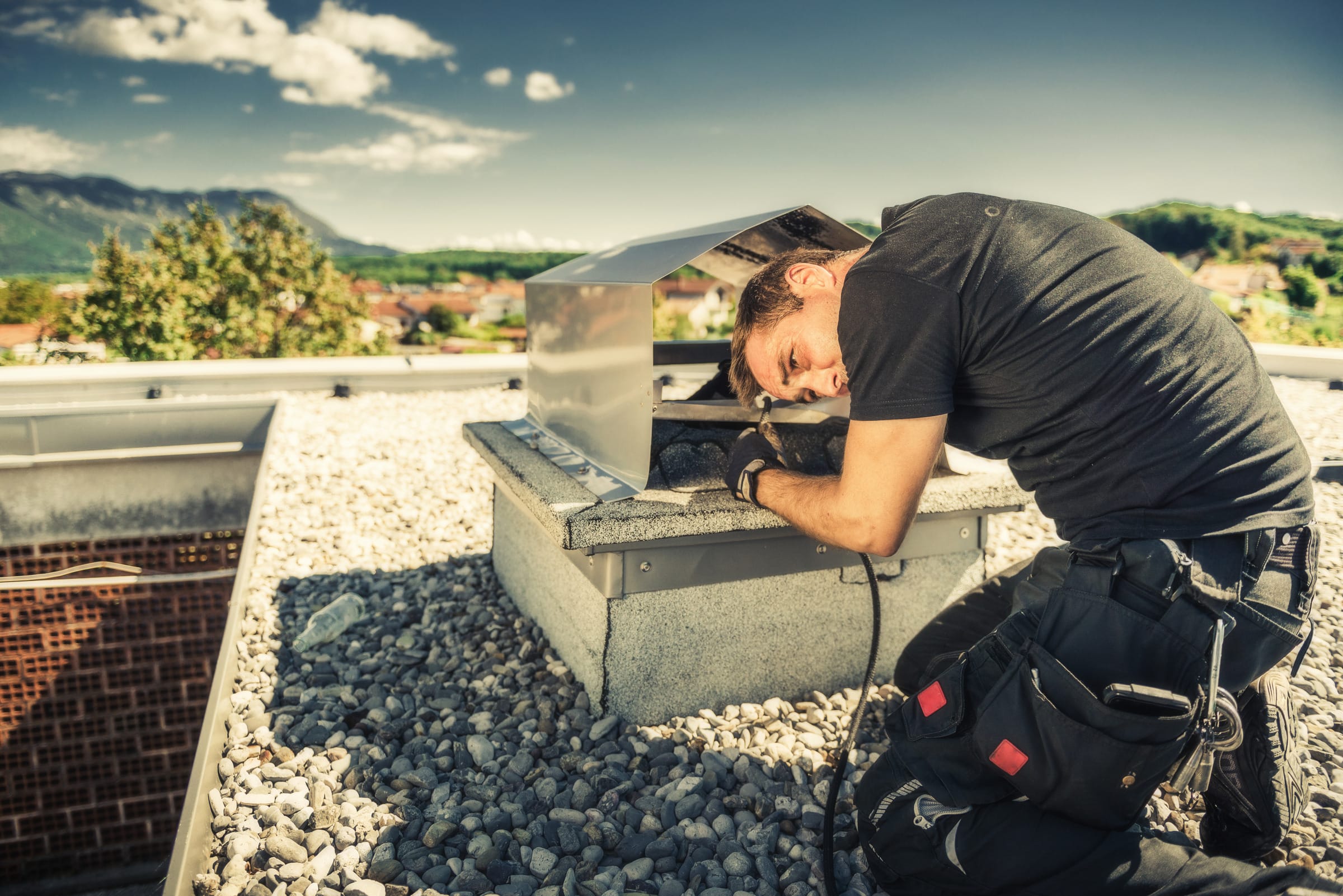
Chimney fires are one of the most dangerous and preventable hazards in a home. They can cause extensive damage to a home's structure, as well as pose a significant threat to the safety of the occupants. In this article, we'll explore what causes chimney fires and how to prevent them.
Chimney fires are caused by the buildup of creosote, a flammable substance that accumulates inside the chimney. Creosote is formed when wood or other fuels are burned, and it can accumulate quickly if the chimney is not cleaned regularly.
The most common cause of chimney fires is the burning of wood that is not properly seasoned. When wood is not dried to a moisture content of less than 20%, it produces more creosote and burns less efficiently, increasing the risk of a chimney fire.
Other causes of chimney fires include the use of unapproved fuels such as cardboard, Christmas trees, or other combustible materials. Burning these materials can create sparks or embers that can ignite the creosote in the chimney.
Another common cause of chimney fires is a damaged or obstructed chimney. If the chimney is damaged or blocked, it can cause a buildup of heat and smoke, which can ignite the creosote in the chimney.
The best way to prevent chimney fires is to have your chimney inspected and cleaned regularly by a professional chimney sweep. A chimney sweep will remove any creosote buildup and identify any damage or blockages that could lead to a chimney fire.
It's also essential to burn only dry, seasoned wood in your fireplace or wood stove. Wood that is not properly seasoned produces more creosote and burns less efficiently, increasing the risk of a chimney fire. You can tell if wood is dry and seasoned by checking the ends of the logs for cracks, which indicate that the wood is dry.
Chimney fires are a serious hazard that can cause extensive damage to a home and pose a significant threat to the safety of its occupants. The most common cause of chimney fires is the buildup of creosote, which can be prevented by having your chimney inspected and cleaned regularly by a professional chimney sweep. Burning dry, seasoned wood, avoiding the use of unapproved fuels, ensuring proper ventilation, and installing a chimney cap are other important steps you can take to prevent chimney fires. By taking these steps, you can keep your home and family safe and avoid the devastating consequences of a chimney fire